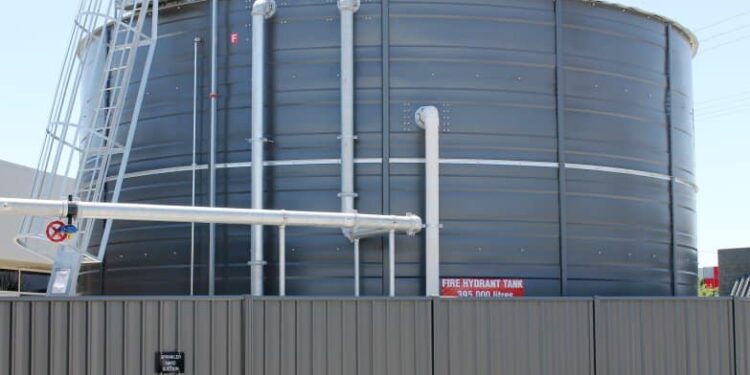By Ebi Kesiena
The Nigerian Government in collaboration with the World Bank, has launched a $500 million initiative, the Sustainable Power and Irrigation for Nigeria (SPIN) project, to enhance food security, water resource management, and climate resilience nationwide.
At the inaugural steering committee meeting held in Abuja on Friday, the Minister of Water Resources and Sanitation, Prof. Joseph Utsev, who co-chairs the committee alongside the Minister of Power, highlighted the project’s alignment with President Bola Tinubu’s Renewed Hope Agenda.
SPIN builds upon the success of the earlier Transforming Irrigation Management in Nigeria (TRIMING) project, which rehabilitated 32,000 hectares of irrigation schemes and strengthened Water Users’ Associations (WUAs).
According to Utsev, the project targets the development of 500,000 hectares of irrigated land, the generation of 30 gigawatts of sustainable energy, and increased resilience to climate-induced challenges such as drought and flooding.
SPIN will be implemented under two models: one for federally managed irrigation schemes in partnership with interested states, and another for state-owned systems. The project’s four core components include institutional strengthening, irrigation modernisation, dam safety upgrades, and effective project management.
Out of 34 states that expressed interest in participating, 27 met the initial criteria, while 17 have been fully qualified by enacting WUA laws, allocating funds for operations and maintenance, and providing counterpart financing.
The Minister of Agriculture and Food Security, Abubakar Kyari, described SPIN as a timely intervention to transform Nigeria’s agriculture, urging a focus on measurable outcomes. He called the country’s growing population a potential asset for innovation and growth.
Meanwhile, World Bank Task Team Leader, Chinedu Umoru, commended the Nigerian government for its commitment, noting that SPIN would play a key role in revitalising rural economies and ensuring dam safety.




































